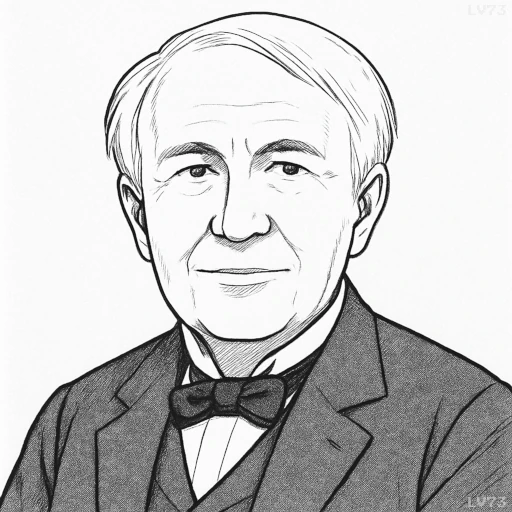“Non-violence leads to the highest ethics, which is the goal of all evolution. Until we stop harming all other living beings, we are still savages.”

- February 11, 1847 – October 18, 1931
- European American
- Inventor and businessman
table of contents
Quote
“Non-violence leads to the highest ethics, which is the goal of all evolution. Until we stop harming all other living beings, we are still savages.”
Explanation
In this quote, Gandhi emphasizes that non-violence (ahimsa) is not just a moral stance but a path to achieving the highest ethical standards. He argues that true evolution, whether personal or societal, can only occur when we stop causing harm to other living beings. Gandhi believed that the ability to live in harmony with all forms of life, without resorting to violence or cruelty, is the ultimate expression of humanity’s progress. His message challenges us to reflect on our actions, urging that true civilization is defined not by technological advancement or power, but by our ability to live with compassion and respect for all life.
This idea is especially relevant in today’s world, where violence—whether in the form of war, exploitation, or environmental harm—continues to affect societies globally. Gandhi’s words speak to the need for ethical responsibility in all areas of life, from human relationships to environmental stewardship. The idea of non-violence can be extended beyond physical harm to include mental and emotional well-being, encouraging us to adopt a more peaceful approach to conflict resolution, decision-making, and even how we treat the planet. For example, movements for animal rights, peacebuilding, and sustainable development draw on the principles of non-violence to promote a more compassionate and ethical world.
On a personal level, this quote invites us to consider how our daily choices reflect our commitment to peace and compassion. Whether through how we treat others, how we consume resources, or how we resolve conflicts, we are given opportunities every day to practice non-violence in both our actions and thoughts. Gandhi’s message encourages us to challenge any behaviors or practices that contribute to harm, pushing us toward a higher level of awareness and ethical responsibility. By embracing non-violence, we contribute not only to the well-being of others but also to the moral evolution of humanity.
Would you like to share your impressions or related stories about this quote in the comments section?

